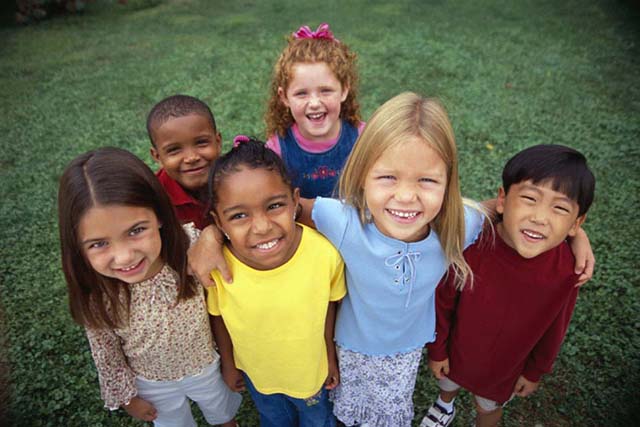A new study shows that fighting climate change also improves children’s health by lowering air pollution. The health benefits showed up within in a few years of starting to reduce greenhouse gases.
Climate Daily reports on a new study of the Regional Greenhouse Gas Initiative (RGGI), which found a reduction in childhood asthma, low birthweight, preterm births, and autism. The study estimated medical cost savings of $190 million to $350 million from 2009-2014 by preventing illness and keeping children healthy.
This study adds more health benefits to those found in a study from 3 years ago, which found fewer problems with bronchitis and upper and lower respiratory tract infections because of the RGGI.
The improvement in children’s health is because reducing greenhouse gases also reduces fine particulates (PM2.5), and PM2.5 air pollution can cause major health problems for children.
The RGGI includes 10 states in the northeastern U.S. It started in 2005, and has goals of reducing CO2 emissions by 45% by 2020 and by another 30% by 2030. But the RGGI has worked so well, CO2 emissions had already fallen more than 50% by 2017. In addition to the 10 states in the RGGI the study also looked at 3 nearby states and the District of Columbia, which also benefit from the reduced air pollution from the RGGI states.
The lead author was Frederica Perera from Columbia University, and the study was published in Environmental Health Perspectives.
Read the news article in Daily Climate here.
Read the scientific article in Environmental Health Perspectives here.





